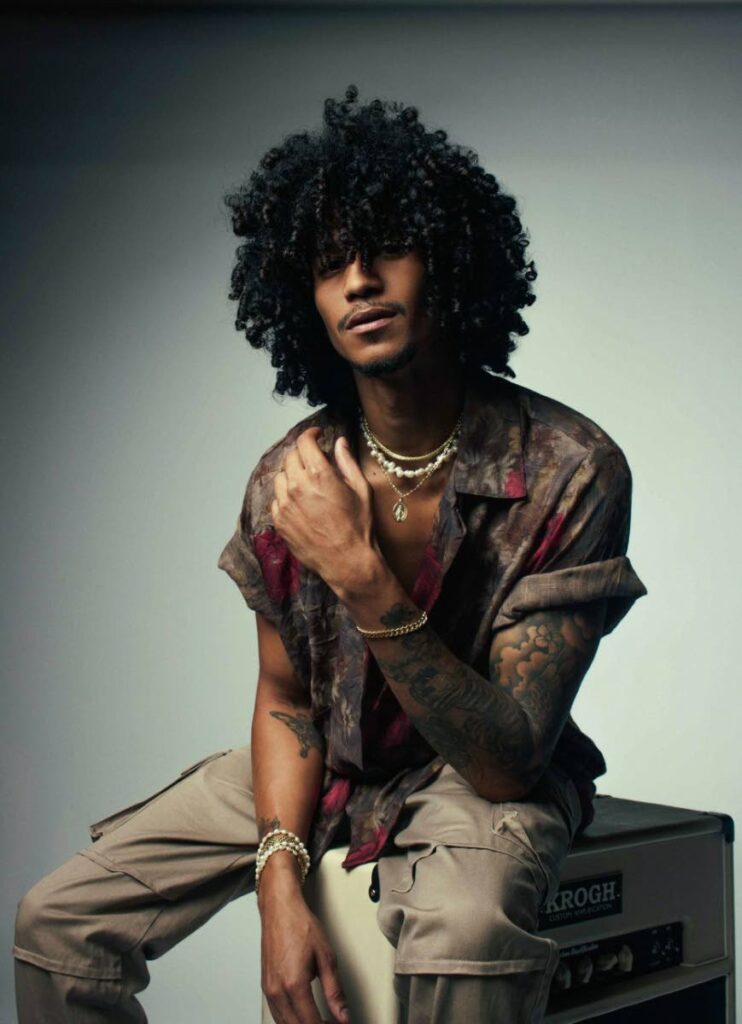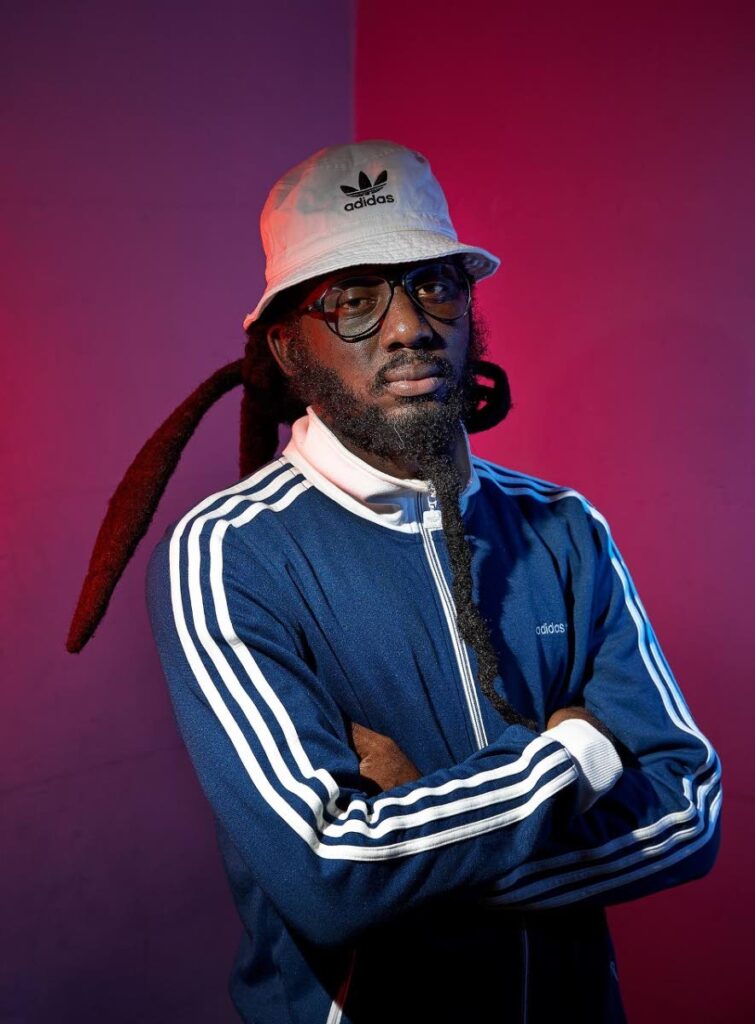Kalpee champions men's mental health

With the suicide rate among young black men in the Caribbean rising, during Mental Health week – an annual global event that ended on Father’s Day, June 19 – Island Wave founder Christian Kalpee opened up the conversation of mental health in men among his peers.
Kalpee was joined by Freetown Collective members; Grammy award-winning artiste and producer Walshy Fire; Haitian singer J-Perry and Jamaican dancehall artistes King Bling-Dawg and Vyzadom.
In a release, Kalpee said he hopes that by sharing their experiences as men from the Caribbean and their encounters of mental health – whether this be their own directly or through observation of those around them – they will increase awareness of male health issues within the region and encourage inter- and intra-national institutions to develop health policies and services that meet the specific needs of men, boys, and their families.

“I think in the Caribbean, mental health is still a relatively new topic. The younger generations, because of social media are more open to discussing it, which is amazing, but there is so much educating that needs to be done when it comes to not only mental health, but in general, how we view acceptance in the Caribbean. Everything we know, is what we’ve been taught, so in my opinion, we need to learn how to open our minds, to look at difference and individualism as the blessings that it is, so that the next generation grow up with the knowledge, to view the things that usually scare us or seem so foreign to us, as normal. So that they learn how to encourage their peers, to lift each other up and be comfortable in their own skin," he said.
Kalpee said it is important for the elders in power to recognise their importance to help implement ways to educate teachers, students and the general public about mental health and mindfulness exercises. He said the quicker the conversation begins is the sooner things will be set in motion to start planting the seed of change for the next generation.
"I really struggled with my mental health, after a car accident in 2019 that almost took my life. The most difficult part for me, was not knowing that I needed support. In my head I was just gonna get on with it and keep trying to move forward, cause that’s what I’m used to doing. But when the pressure is real, it can really pull you down. I was honestly so depressed, my anxiety was through the roof, but I didn’t know how to express that. Thankfully I had some of the most supportive people around me, who helped me get through some of the tough moments. They encouraged me to speak of my experience and open up and when I did, I couldn’t control my tears, it was literally a weight lifted off of my shoulders and it made me realise that I needed help. “
Lou Lyons of Freetown Collective too has had his share of experiences as it regards mental health.

“Everyone has bad days but mental health challenges involve unique difficulties in recovering from and dealing with those bad days. As a black Caribbean man I was conditioned to meet every situation with toughness and a hard resolve, but now I experience life more intentionally. I cope by taking care of my mind, body and soul."
He said as someone who has had intimate experiences with mental health from a service point of view, he understands why organisations and places of employment are unable to identify early signs of men struggling with mental health and why, even when discovered, men are reluctant to willingly access any available health services to treat with mental health challenges until situations become extreme. He said although the social climate has made it easier for charismatic men to utilise social media platforms to broach the subject, there’s still some inertia in acknowledging how addressing the mental health of men is actually a public health and safety issue.
"The mental health of men in the workplace should viewed as an Occupational Safety and Health issue so at a legislative level, the Occupational Safety and Health Act can be amended to view mental health as a factor to be considered by employers when maintaining the safety of a work environment. At a policy level there should be fiscal (tax) incentives to reward organisations and businesses that also offer incentives to male employees who take advantage of mental health programmes offered or facilitated by the companies or organisations they work for. At an infrastructural level, mental health institutions, wards and clinics should appear less punitive and restrictive and more service oriented. The resemblance of these places to custodial places that fall under the criminal justice system is a major reason why mental health is still associated with criminal dysfunction," Lyons said.
Perry views mental health in the Caribbean community as really important, and he takes care of his mental health by keeping busy.
"I have so many hobbies. If I feel angry or upset I get on my bike, I go for a jog, I get outside. Of course music is an outlet for me. It’s important to stay busy, and in the Caribbean community it’s important for us to be able to have conversations together. A lot of times our mental health struggles are perceived as a weakness. People who struggle are seen as lesser and I don’t want it to be that way any more. We have to be able to talk to each other about what we’re going through."
Vyzadom sees starting the conversation as the first step in collectively moving forward, and Bling Dawg added that having these conversations with trusted people will lead to more open communication. And, Fire said, it need not be with a therapist.
"I’m not a therapist, but mental health is surrounding yourself in proximity to things that only lift your frequency and energy. When you find people that are struggling, usually they’re in proximity to things that aren’t helpful. It’s all about putting yourself in the right place with the right people, or with no people. Whatever you do, it’s all about proximity."


Comments
"Kalpee champions men’s mental health"